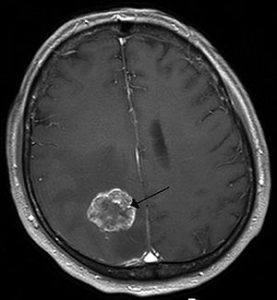
The healthcare industry has undergone a metamorphosis in recent times. The advent of artificial intelligence has dramatically changed predictive diagnosis and provided personalized plans of treatment, which has in turn improved patient outcomes. The medical processes are now channelized in the right direction. However, we have to consider biomedical ethics of AI in healthcare industry.
The delivery of healthcare goods and services, the procedures associated with diagnostics, and tremendous care offered to patients are some of the avenues being revolutionized by the advent of AI. The power of medical data has never been tapped to this extent by any other technology. Today, AI has transformed the way healthcare professionals deal with electronic patient records, diagnostic tools like imaging techniques, and genetic engineering techniques. Although medical data is vast, AI can easily peruse through it at a very rapid speed. The complexity patterns of medical data have never been understood till date.
As AI has transformed the way of data analysis, diagnosis of patients has become very fast and accurate. Algorithms based on machine learning have been developed and trained on large volumes of medical data of patients. Consequently, the diagnosis of illness can happen at an early stage, improving the outcome of treatments. In fact, personalized treatment plans are now possible due to AI. The prognosis of patients is also improved with AI.
Surgery has now become a mechanical procedure; the entry of medical robots has improved the speed at which surgery can be performed with precision. Medical robots are now assisting surgeons in medical operation theatre. Thanks to robots, minimal invasive procedures are now being performed with ease. The chances of complications are minimized and patients are recovering at a faster rate.
AI has changed the way healthcare processes in call centers are carried. Chatbots are AI-driven health assistants in the virtual world. This has now boosted the prospects of telemedicine. Thanks to digitalization of medical records and chatbots, healthcare delivery services have become very accessible and professionals are now moving beyond confined physical clinics.
Healthcare apps are powered by AI and patients can now manage their diseases by knowing more about their illness in real-time. Patient queries are solved by chatbots and appointments to physicians can also be scheduled as per convenience. Chronic healthcare issues like diabetes have self-care management apps.
In the field of research and development, AI is breaking all barriers. Drug discovery was a laborious process in the field of pharmaceuticals and healthcare. Today, AI tools have algorithms to curtail down the lengthy and costly procedure of drug discovery. AI is now predicting the structures of organic molecules, which are being used later as the active ingredient of a drug. Thus, potential candidates are being devised as novel drugs. The interaction of drugs with biological systems is now better understood with AI tools.

